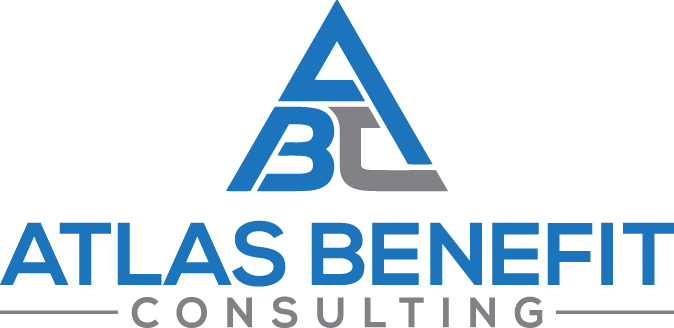Post-traumatic Stress Disorder (PTSD) is one of the most common veteran disabilities. PTSD is a mental health condition triggered by the experience or witnessing of a traumatic event. Read more about PTSD on our blog post here! More and more individuals, veterans and non-veterans alike, are experiencing trauma and suffering from mental health issues. So how do doctors and healthcare professionals diagnose PTSD separate from other mental health issues?
PTSD Diagnosis
The American Psychiatric Association is the group responsible for laying out the criteria for a PTSD diagnosis. In 2013, several criteria were updated in the 5th edition of the Diagnostic and Statistical Manual of Mental Disorders (DSM-5). One of the major changes to the 2013 updated edition was PTSD being added to a new category called “Trauma and Stressor Related Disorders”.
Criteria 1: Stressor (One or more is required)
- Witnessing the event/trauma
- Experiencing the event/trauma directly
- A friend or relative being exposed to the event/trauma
- Indirect exposure to parts of the event/trauma, which often occurs while enacting professional duties
Criteria 2: Intrusion Symptoms (One or more is required)
Re-experience of the event or trauma happens in at least one of the below ways:
- Flashbacks
- Nightmares and recurring dreams
- Memories that are difficult or upsetting
- Physical reactions after exposure to reminders
- Emotional reactions and distress after exposure to reminders
Criteria 3: Avoidance (One or more is required)
This means the person does their best to avoid:
- Feelings or thoughts of the trauma
- External reminders of the trauma
Criterion 4: Negative Alterations in Cognitions and Mood (Two or more are required)
- Decreased interest in normal activities
- Isolation or feelings of isolation from others
- Troubles with memory and recollection of the event or trauma
- Overall negative thoughts about themselves or the world
- Blaming of someone else, or themselves, that is magnified or excessive
- Negative affect- fear, horror, shame, guilt, anger (Negative affect means experiencing the world in a more negative way: thoughts, feelings, assumptions, relationships, etc.)
- Trouble with positive affect- cannot experience happiness, satisfaction, loving emotions or feelings, etc. (Positive affect means experiencing life, interacting with others, and feelings, thoughts, assumptions which are more positive.)
Criterion 5: Alterations in Arousal and Reactivity
After experiencing the trauma or event, these responses increase or worsen:
- Reckless, destructive behavior
- Increased or exaggerated startle reaction or response
- Aggression
- Irritability
- Hypervigilance
- Difficulty sleeping
- Difficulty in concentrating
Criterion 6: Duration – This is a requirement
The symptoms have to last for at least one month for PTSD to be diagnosed.
Criterion 7: Functional Significance- This is a requirement
The symptoms experienced are negatively affecting social, work, or family functioning or causing distress.
Criterion 8: Exclusion – This is a requirement
Exclusion means that nothing else could be causing the symptoms. Examples are medications, other illnesses, or drug and alcohol usage.
Connect With Us
Our team stands for awareness and no shame on any mental health disability. We strongly believe in support and connection, and encourage anyone struggling or suffering from PTSD to take steps such as:
- Seek out support from others! This can be friends, family members, or other veterans.
- Get involved in a group where other individuals know what it feels like to go through this.
- Learn and practice positive coping mechanisms- this can help the individual process the event and learn how to better handle the symptoms that come with it.
- Learn to act and respond effectively, despite feeling fear and negative emotions.
Free Consultation
Don’t do this alone! Make sure you are accurately rated and receiving the maximum benefits and compensation you have earned through your service. Use the button below to connect with an experienced, understanding member of our team for a free consultation.
Click Here for Info on Your Free Consultation
